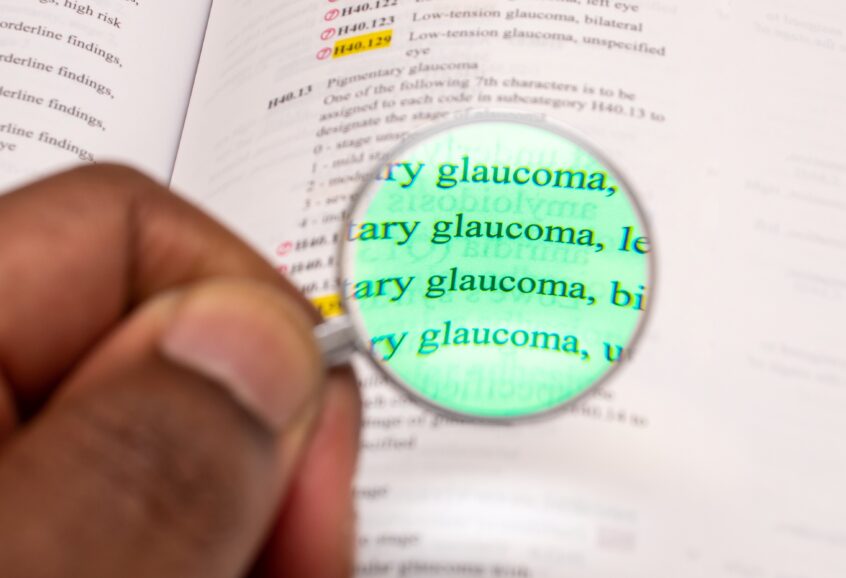When it comes to maintaining our overall health, the importance of our eyesight often goes underappreciated until we’re facing problems. One such problem is glaucoma – a group of eye conditions leading to optic nerve damage predominantly due to elevated intraocular pressure. Often called the “silent thief of sight,” glaucoma can lead to irreversible vision loss if not diagnosed and treated early. As we embark on Glaucoma Awareness Month, it’s an opportune time to shine a spotlight on the importance of early detection, treatment options, and ongoing research.
Understanding Glaucoma
Glaucoma is a leading cause of blindness globally, especially among older adults. It’s a group of disorders characterized by progressive damage to the optic nerve, which transmits visual information from your eye to your brain. The most common form of this disease, open-angle glaucoma, often goes unnoticed in the early stages as it progresses slowly and painlessly.
The insidious nature of glaucoma, coupled with a lack of awareness about its risk factors and symptoms, often leads to late diagnosis. Furthermore, once vision loss occurs from glaucoma, it’s not reversible, underscoring the importance of regular eye examinations, especially for those at higher risk.
Risk Factors and Early Detection
It is vital to understand who is at risk to promote early detection. Some critical risk factors for glaucoma include age (over 60 years), race (African Americans and Hispanics are at a higher risk), high intraocular pressure, a family history of glaucoma, and certain medical conditions like diabetes.
Given glaucoma’s unnoticeable progression in the early stages, regular and comprehensive eye examinations are crucial. These exams should include measurements of intraocular pressure and an assessment of the optic nerve.
Glaucoma Awareness Month is the perfect reminder to schedule annual eye exams, especially if you fall under any of the high-risk groups. Early detection can significantly reduce the risk of severe vision loss.
Treatment Options and Ongoing Research
While glaucoma damage cannot be reversed, vision loss can be halted or slowed if the condition is diagnosed early. Typical treatments include oral medications, laser procedures, or surgical interventions, all aimed at lowering intraocular pressure.
Ongoing research into glaucoma is looking to improve the ways we diagnose, manage, and ultimately cure this debilitating disease. Scientists are studying the complexities of the optic nerve and the myriad ways it can be protected and repaired. The research also focuses on developing better diagnostic methods to detect glaucoma in its earliest stages, even before any vision loss has occurred.
Spreading Awareness
Glaucoma Awareness Month isn’t just about recognizing the individuals affected by the disease. It’s a comprehensive push for increased public awareness, funding for research, and support for those diagnosed with the condition. Various organizations run campaigns and events throughout the month to shed light on glaucoma.
Everyone can play a part in Glaucoma Awareness Month. Sharing information on social media or within your personal networks, urging loved ones to schedule regular eye exams, and supporting glaucoma research through fundraising or donations are all meaningful ways to participate.
A Vision for the Future
Raising awareness about glaucoma is not just a once-a-year event but a continual process that aims to instigate change in eye health practices and public perceptions. By spreading the word about glaucoma, we can ensure that more people understand the importance of regular eye check-ups and early detection, potentially saving someone’s sight.
Glaucoma Awareness Month is an invitation to learn, share knowledge, and support communities affected by glaucoma. So, let’s use this month as a stepping stone to foster a more inclusive world for people living with glaucoma. Because every eye deserves care, and every individual deserves the gift of sight.
